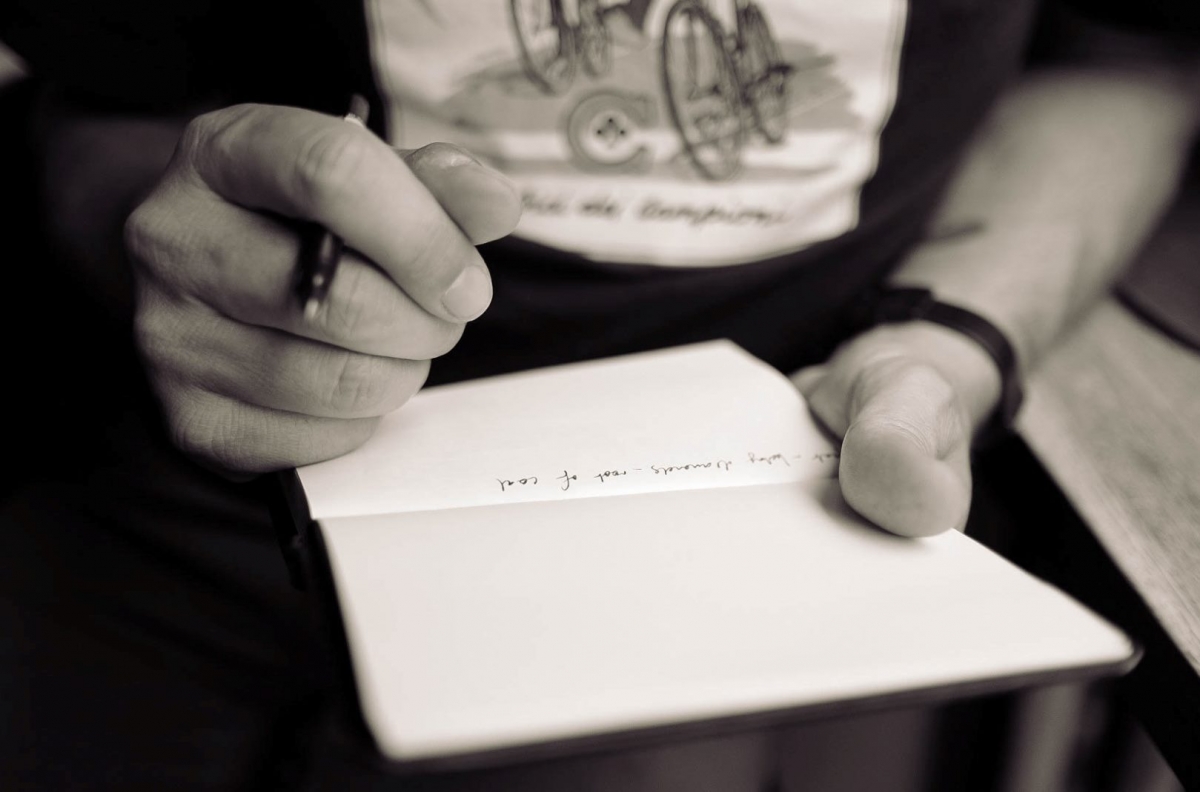Writing and annotating lecture notes

1. For mathematical subjects
2. Using a laptop
3. Reviewing recordings of lectures
Select the best answer from the two options below.
Have a go at now | Annotating lecture notes
Whilst reading your chosen text
Alongside or on your lecture notes, follow the example above and have a go at adding annotations from your set text.
Note: you may wish to record the page number/ book reference to enable you to efficient go back to the source.
How did it go?
Enter and save an entry into your reflection log.
To learn how you could use prepared notes, select the tabs below.
"A good memory is not as good as a little ink"
How have you used prepared notes in the past? How might you use them differently in the future?
Examine how you can make better use of lecture notes
In advance of a lecture, during or after it, your lecturers may provide you with a set of notes they have prepared for the lecture. By personalising the notes you are given to produce your own set, you will ensure they make sense to you, make the content your own and absorb and remember the information.
Knowing you have printed materials from your lecturers, you may be tempted not to make your own notes, or you may feel overwhelmed to receive so much to read at once. There are still many reasons for making your own notes though, even if the ones you are provided with are excellent.
Below, you can learn more about using prepared notes.
Read notes in advance
Whenever possible, read the lecturer's prepared notes before the lecture. Even if the lecturer repeats what you have already read, you will be better able to follow it and more likely to remember it. If you are given a large set of notes at the beginning of term, look through them so that you know what is there and how it is organised.
Personalise the notes
Make the lecturer's notes your own: for example, by highlighting, condensing or annotating them. Doing this will help you absorb and remember the content; it will also help find information later when you need it.
My journal
How have you used prepared notes in the past? How might you use them differently in the future?
